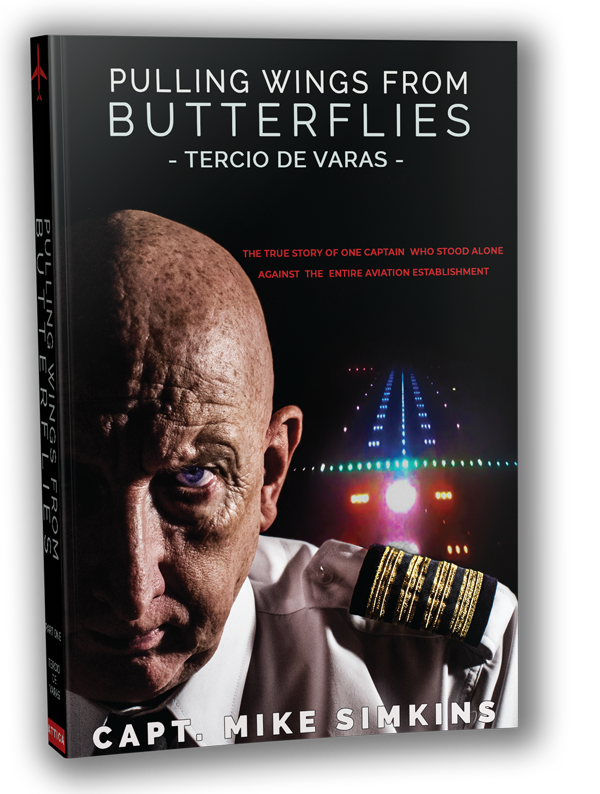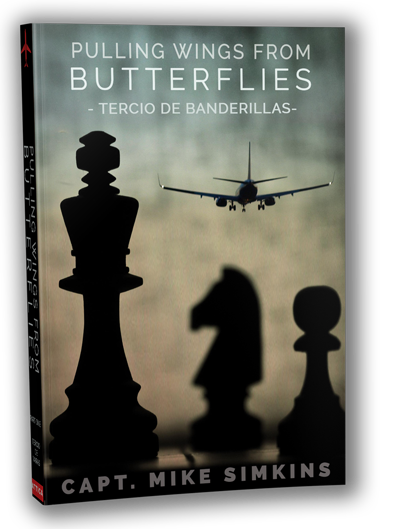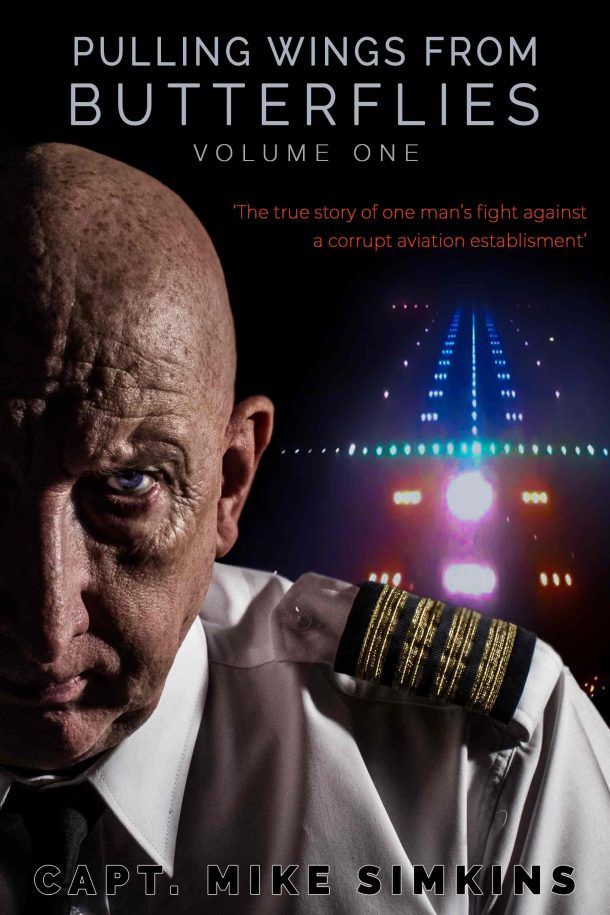awake for 19 hours
The Captain of Air Canada Flight 759 had been awake for nineteen hours after a run of several duties.
The video is of the Airbus 320’s final approach to land at San Francisco.
Due to fatigue, both the Captain and First Officer had mistaken the taxiway with four aircraft awaiting departure for runway 28 R at San Fransisco
That evening Air Canada Flight 759 came within fourteen feet of becoming responsible for the worst air disaster in history.
THE LAW
The incident involving the Air Canada Airbus 320 shows just how dangerous flying when fatigued can be. The law in the UK is clear with regards to Airlines planning a duty that is likely to result in fatigue.
ANO 145 (2) ‘The operator of an aircraft to which this article applies must not cause or permit any person to fly as a member of its crew who the operator knows or has reason to believe is suffering from or, having regard to the circumstances of the flight to be undertaken, is likely to suffer from, such fatigue as may endanger the safety of the aircraft or of its occupants.
There is also a responsibility on the pilot not to fly if he knows or suspects he is or will be fatigued for a flying duty.
ANO 146 (1) ‘A person must not act as a member of the crew of an aircraft to which this article applies if they know or suspect that they are suffering from or having regard to the circumstances of the flight to be undertaken are likely to suffer from such fatigue as may endanger the safety of the aircraft or of its occupants’.
Judge Slater stated in the case Simkins v Thomas Cook that
“Rules about maximum FDP and not flying whilst fatigued are made with the safety of crew and passengers in mind. If they are not complied with, there is an obvious increased risk to those flying.”
“THE MOST POWERFUL AVIATION BOOK OF THE YEAR”
“CNN Contributor Karlene Petitt”
BUY DIRECT FROM AUTHOR FOR SIGNED COPY
EBOOK £5.99
PAPERBACK £9.99
11 in stock
HARDBACK £17.99
5 in stock
ALSO AVAILABLE VIA AMAZON

part one - Tercio de varas
The first book in the trilogy begins by following the unique journey of Captain Mike Simkins from touring Europe as a drummer and performing with some of the most prominent musical artists of the late ’80s, to becoming a commander on the world’s most advanced passenger aircraft.
Ultimately, the wings were pulled from the butterfly of a dream career when, Mike stood alone to confront a multibillion-dollar aviation establishment when he refused to place profit before safety.

PArt TWO - Tercio de banderillas
Will the pilot union BALPA and the regulator the CAA, support a legal case of major significance to the safety of airline passengers and crew?
Why do pilots agree to fly when they know it would be a criminal act due to fatigue and why does the CAA and media hold pilots to account if they drunk but not airlines planning illegal duties?
Airlines now are being paid by pilots with zero experience to operate as first officers. Why has the CAA allowed fare paying passengers lives to be put at such risk? Why has BALPA not taken firm action?

part three - Tercio de metre
The CAA is provided with irrefutable proof that duty times are knowingly falsified to make it appear they conformed with strictly laid down maximum times and that pilots are flying at the equivalent effectiveness of a drunk driver. Their response? ‘Get over it.’
BALPA the union suppress a report where the depths of the criminal activities are finally exposed.
what would you do?
‘Pulling Wings From Butterflies’ examines the situation a Senior Captain at Thomas Cook was faced with when he refused to fly a Boeing 767 at a level of fatigue that would render his effectiveness equivalent to a drunk driver (0.8 BAC) or four times over the flying limit.
The Captains view was that it would erode flight safety if he completed the duty due to a reduced level of alertness that would have been prejudicial to the level of safety that is required.
Thomas Cooks view was that, even though it would ‘reduce the saftey margin‘ it was still a ‘reasonable managment instruction’. Thomas Cook senior management considered the captains refusal to operate the duty amounted to gross misconduct and the correct sanction should be dismissal.
So, given the that protecting the passengers would cost you your career, would you still do the ‘Right Thing’

